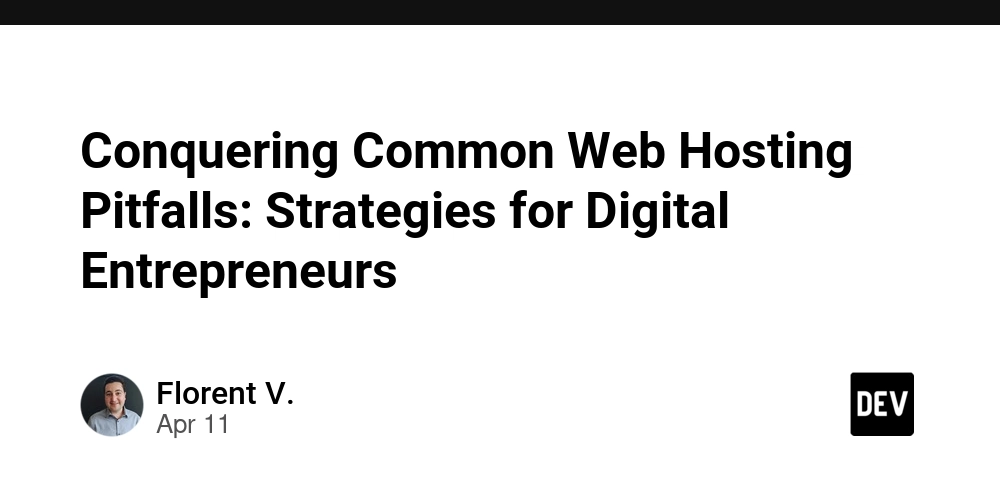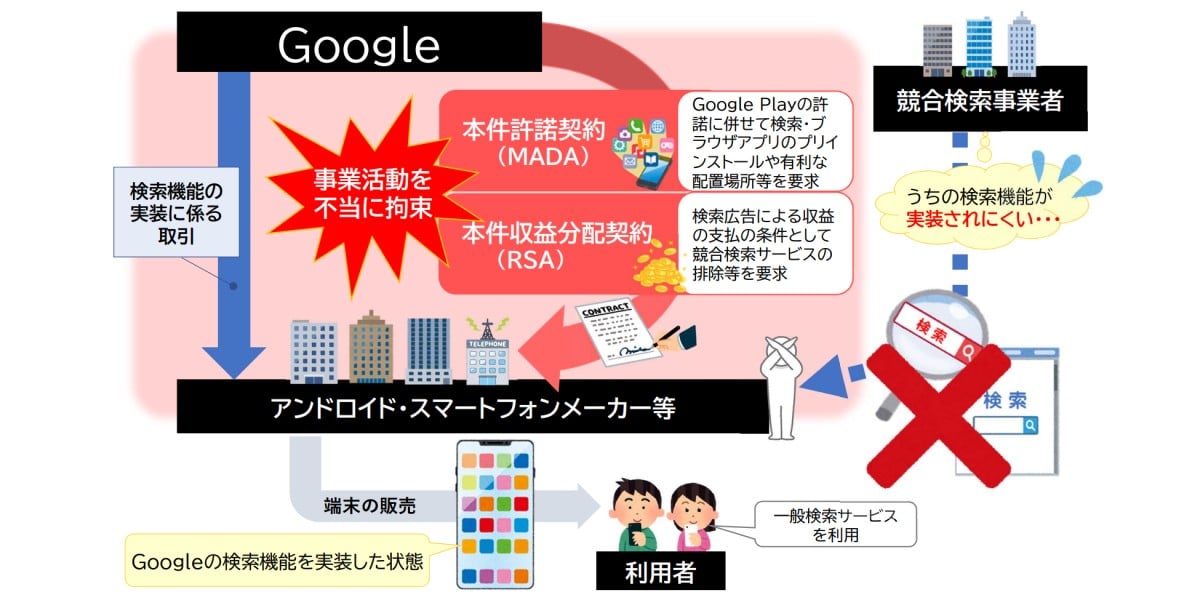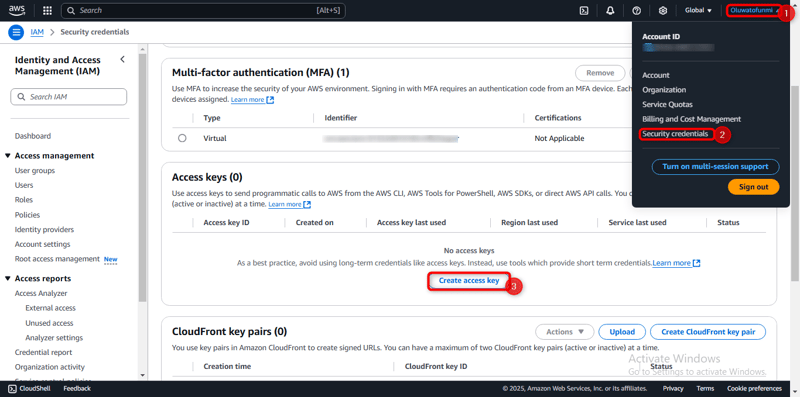Conquering Common Web Hosting Pitfalls: Strategies for Digital Entrepreneurs
Conquering Common Web Hosting Pitfalls: Strategies for Digital Entrepreneurs In the ever-evolving digital landscape, choosing the right web hosting service can be the make-or-break factor for freelancers, developers, web agencies, and ecommerce business owners. With countless options available, navigating through the myriad of choices can feel overwhelming, especially when it comes to avoiding common pitfalls that could jeopardize your online presence. Below, we explore essential strategies to help you conquer these challenges and ensure that your hosting experience is both reliable and high-performing. Understand Your Hosting Needs Before diving into the hosting pool, it’s crucial to identify your specific needs. Are you running a simple portfolio site, or do you need a robust platform for an ecommerce store? Understanding your requirements will guide you in selecting the right type of hosting. Traffic Expectations: Estimate your website traffic. If you anticipate significant visitor numbers, you might require a more powerful solution, such as VPS or dedicated hosting. Performance Requirements: Consider your site’s functionality. For instance, ecommerce sites demand high uptime and fast load times, making reliable hosting a priority. Technical Support: Evaluate the level of support you may need. If you don’t have extensive tech knowledge, choose a host that offers 24/7 customer service. By aligning your hosting choice with your specific requirements, you can avoid the trap of overpaying for unnecessary features or, conversely, underestimating your needs and compromising your site’s performance. Common Hosting Pitfalls to Avoid Even seasoned digital entrepreneurs can stumble upon common web hosting mistakes. Here’s a list of pitfalls to watch out for: 1. Ignoring Uptime Guarantees Uptime is a critical metric for any online business. A host should guarantee at least 99.9% uptime. Downtime can lead to lost revenue and damage your reputation. Always check customer reviews and third-party monitoring services to confirm uptime reliability. 2. Underestimating Security Measures Security breaches can ruin your business overnight. Make sure your hosting provider offers robust security features, including: SSL Certificates: Essential for encrypting data. Firewalls: To protect against unauthorized access. DDoS Protection: To mitigate distributed denial-of-service attacks. Choosing a host that prioritizes security can save you from future headaches. 3. Overlooking Scalability As your business grows, so will your hosting needs. Opt for services that allow you to scale easily without experiencing downtime. VPS hosting is a great option for those who anticipate growth but aren’t ready for dedicated servers yet. You can explore VPS Hosting options here to find the best fit for your business. 4. Failing to Read the Fine Print Before signing up, always read the terms of service. Look for hidden fees for service upgrades, domain transfers, or data backups. Understanding the financial implications of your contract can prevent unexpected costs down the line. Making the Right Choice With the vast array of hosting services available, making the right choice is essential. Here are a few tips to help you finalize your decision: Compare Features: Take the time to compare different hosting plans. Look for features such as bandwidth, storage limits, and support options. Test Customer Service: Reach out to customer support with questions before committing. This will give you insight into their responsiveness and expertise. Check for Reviews: Don’t just take the company’s word for it. Read reviews from other users to get a clearer picture of the hosting performance and reliability. Start with a Trial: If possible, opt for a provider that offers a trial period. This allows you to test the service without making a long-term commitment. Choosing the right web hosting provider is more than just picking the cheapest option available; it’s about finding a partner that aligns with your business goals. By understanding your needs and avoiding common pitfalls, you can create a strong foundation for your online presence that supports your growth for years to come.

Conquering Common Web Hosting Pitfalls: Strategies for Digital Entrepreneurs
In the ever-evolving digital landscape, choosing the right web hosting service can be the make-or-break factor for freelancers, developers, web agencies, and ecommerce business owners. With countless options available, navigating through the myriad of choices can feel overwhelming, especially when it comes to avoiding common pitfalls that could jeopardize your online presence. Below, we explore essential strategies to help you conquer these challenges and ensure that your hosting experience is both reliable and high-performing.
Understand Your Hosting Needs
Before diving into the hosting pool, it’s crucial to identify your specific needs. Are you running a simple portfolio site, or do you need a robust platform for an ecommerce store? Understanding your requirements will guide you in selecting the right type of hosting.
Traffic Expectations: Estimate your website traffic. If you anticipate significant visitor numbers, you might require a more powerful solution, such as VPS or dedicated hosting.
Performance Requirements: Consider your site’s functionality. For instance, ecommerce sites demand high uptime and fast load times, making reliable hosting a priority.
Technical Support: Evaluate the level of support you may need. If you don’t have extensive tech knowledge, choose a host that offers 24/7 customer service.
By aligning your hosting choice with your specific requirements, you can avoid the trap of overpaying for unnecessary features or, conversely, underestimating your needs and compromising your site’s performance.
Common Hosting Pitfalls to Avoid
Even seasoned digital entrepreneurs can stumble upon common web hosting mistakes. Here’s a list of pitfalls to watch out for:
1. Ignoring Uptime Guarantees
Uptime is a critical metric for any online business. A host should guarantee at least 99.9% uptime. Downtime can lead to lost revenue and damage your reputation. Always check customer reviews and third-party monitoring services to confirm uptime reliability.
2. Underestimating Security Measures
Security breaches can ruin your business overnight. Make sure your hosting provider offers robust security features, including:
- SSL Certificates: Essential for encrypting data.
- Firewalls: To protect against unauthorized access.
- DDoS Protection: To mitigate distributed denial-of-service attacks.
Choosing a host that prioritizes security can save you from future headaches.
3. Overlooking Scalability
As your business grows, so will your hosting needs. Opt for services that allow you to scale easily without experiencing downtime. VPS hosting is a great option for those who anticipate growth but aren’t ready for dedicated servers yet. You can explore VPS Hosting options here to find the best fit for your business.
4. Failing to Read the Fine Print
Before signing up, always read the terms of service. Look for hidden fees for service upgrades, domain transfers, or data backups. Understanding the financial implications of your contract can prevent unexpected costs down the line.
Making the Right Choice
With the vast array of hosting services available, making the right choice is essential. Here are a few tips to help you finalize your decision:
Compare Features: Take the time to compare different hosting plans. Look for features such as bandwidth, storage limits, and support options.
Test Customer Service: Reach out to customer support with questions before committing. This will give you insight into their responsiveness and expertise.
Check for Reviews: Don’t just take the company’s word for it. Read reviews from other users to get a clearer picture of the hosting performance and reliability.
Start with a Trial: If possible, opt for a provider that offers a trial period. This allows you to test the service without making a long-term commitment.
Choosing the right web hosting provider is more than just picking the cheapest option available; it’s about finding a partner that aligns with your business goals. By understanding your needs and avoiding common pitfalls, you can create a strong foundation for your online presence that supports your growth for years to come.











































































































































































![[The AI Show Episode 144]: ChatGPT’s New Memory, Shopify CEO’s Leaked “AI First” Memo, Google Cloud Next Releases, o3 and o4-mini Coming Soon & Llama 4’s Rocky Launch](https://www.marketingaiinstitute.com/hubfs/ep%20144%20cover.png)




































































































































































































![Blue Archive tier list [April 2025]](https://media.pocketgamer.com/artwork/na-33404-1636469504/blue-archive-screenshot-2.jpg?#)

































.png?#)









-Baldur’s-Gate-3-The-Final-Patch---An-Animated-Short-00-03-43.png?width=1920&height=1920&fit=bounds&quality=70&format=jpg&auto=webp#)










![Apple to Split Enterprise and Western Europe Roles as VP Exits [Report]](https://www.iclarified.com/images/news/97032/97032/97032-640.jpg)


























































































































![Nanoleaf Announces New Pegboard Desk Dock With Dual-Sided Lighting [Video]](https://www.iclarified.com/images/news/97030/97030/97030-640.jpg)

![Apple's Foldable iPhone May Cost Between $2100 and $2300 [Rumor]](https://www.iclarified.com/images/news/97028/97028/97028-640.jpg)





































































































































